The European Union has been debating the multiple charging interfaces in the European market. There have been extensive discussions on the need for a unified charging system. Eventually, the European Union announced a fixed date by which brands must adopt USB Type-C charging technology for many electronic devices. These devices include mobile phones, tablets, watches, headphones, portable speakers and other devices. Since the agreement for the unified charging standard, there has not been a specific date for this standard to be enforced.
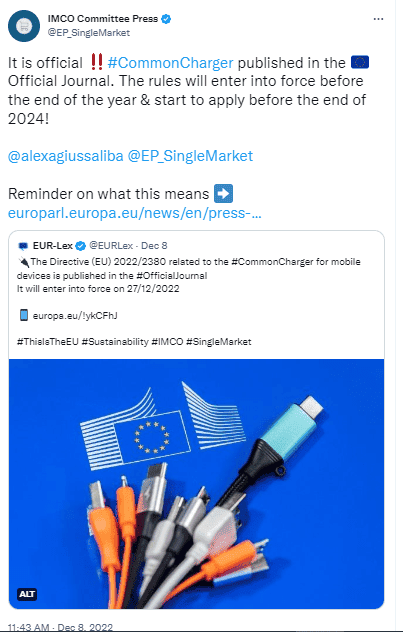
According to the commission, these devices must adopt the USB Type-C standard for wired charging by December 28, 2024. However, if a device supports only wireless charging, this law is not applicable to it. This is coming from the EU in its new agreement. According to the decision, the EU member states have until December 28, 2023, to publish regulations for the implementation of the EU directive on USB Type-C charging. A year later, they must start applying these rules. This means that all devices covered by the new regulation must then use USB Type-C charging.
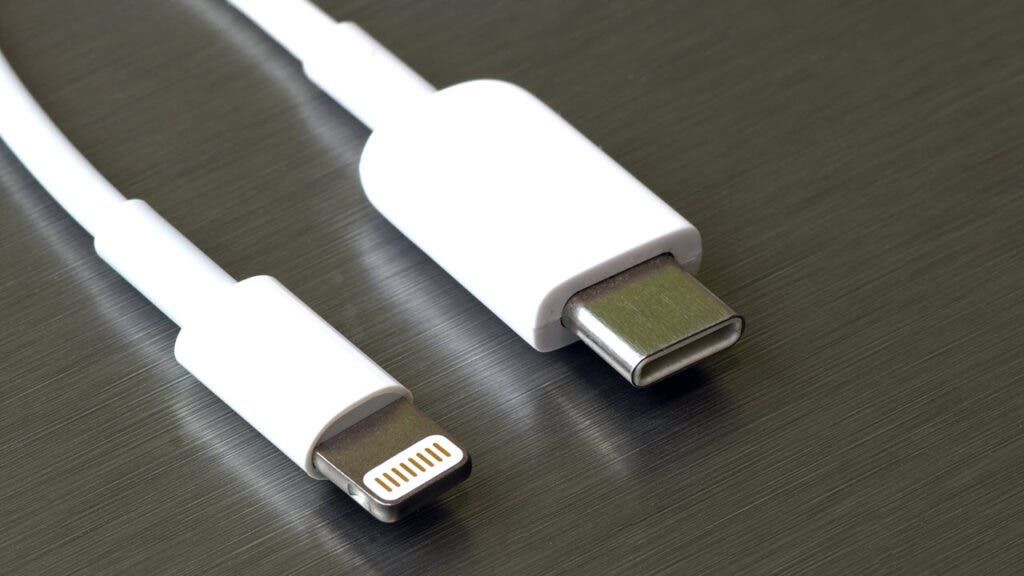
The deadline is now set to swap to USB Type-C
The EU had already promised to bring the rules into force by the end of 2024 so as not to waste any more time. The legislation with its deadline has now been published in the Official Journal. Apple is one of the biggest losers of this new law. All other mobile phone brands already use the USB Type-C port. Apple is the only major mobile phone brand that does not use USB Type-C charging. However, the company does not have an option. If it must sell its iPhones in Europe, it has to change to either exclusively wireless charging or use a USB Type-C port. According to reports, Apple is set to make the switch as early as next year. Laptop brands are given a little more time to comply with the rules.
iPhone 15 from 2023 will switch to the USB Type-C
There are reports that Apple wants to do without the Lightning port on its iPhones as early as 2023. This would mean that the company would switch to USB-C a year earlier. In the long term, Apple will probably rely on the MagSafe wireless charger as an alternative. As Bloomberg journalist and Apple expert Mark Gurman reports in one of his most recent articles, the Apple iPhone 15 series should already have a USB Type-C port instead of a Lightning port. With the launch of the new mobile phone series in autumn 2023, Apple will already be doing without the proprietary Lightning connector in its mobile phones.
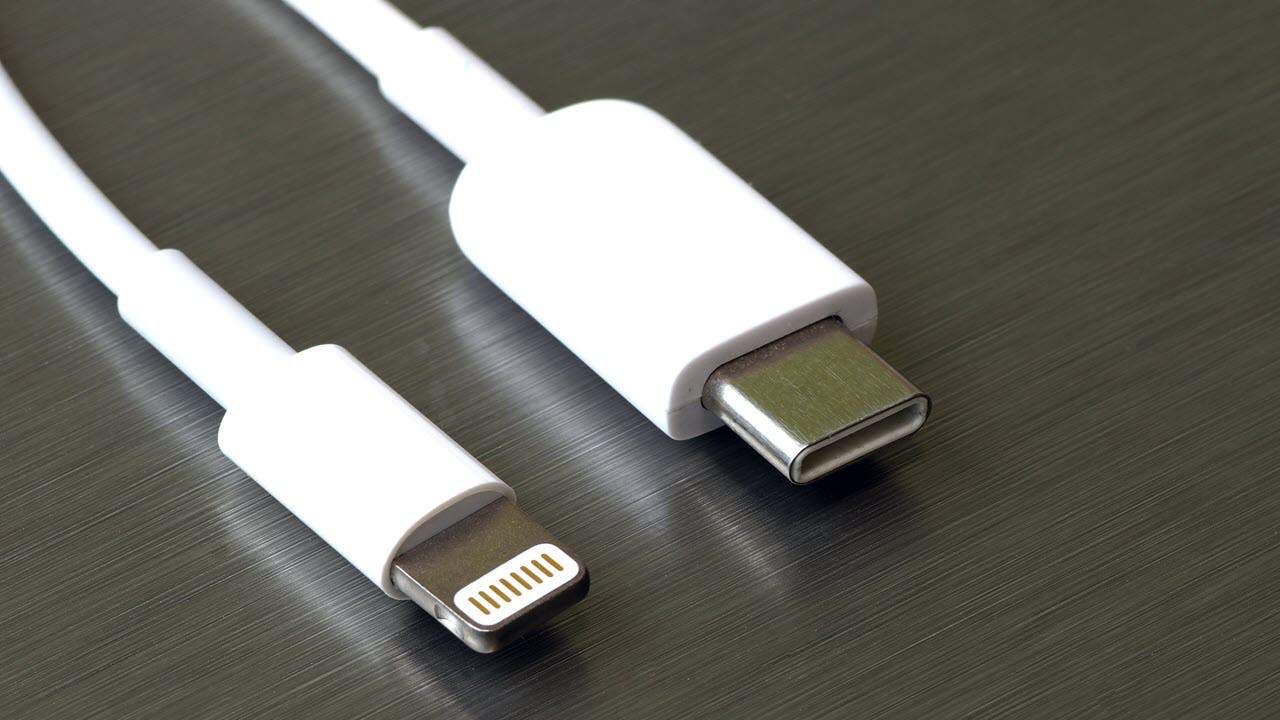
Apple does not have to do this at this time. The EU's new law gives device brands until autumn 2024 before the use of USB Type-C becomes a standard. Gurman assumes that Apple will probably only focus on USB-C for a very short time. Although the EU requires that the power connections used by electronic mobile devices must be of this type. It also expressly excludes devices that use wireless charging. Since Apple has now also created an ecosystem for wireless power supply with its devices with the MagSafe chargers, according to Gurman it is quite likely that Apple will soon say goodbye to USB-C again. With the proprietary magnetic wireless chargers, you would have your own "standard" again and don't have to submit to EU regulations.
Europe votes for USB-C: Uniform charging cables
The EU takes one of the last hurdles to a uniform charging cable. While the Council of the EU had already decided on USB-C as the uniform charging standard at the beginning of the year, there were negotiations between the EU member states and the EU Parliament. The EU eventually agreed that USB Type-C should be a standard. Both the EU Parliament as well as the EU states have now given their approval.
Less e-waste and Apple iPhones with a USB-C port
In the future, USB Type-C will not only be a mandatory connection for mobile phones and tablets. Almost all portable electronic devices will have to follow the uniform charging standard. These include digital cameras, headphones and headsets, e-book readers, keyboards, mice, navigation systems, mobile game consoles and charging cases for true wireless headphones. It is planned to extend the regulation to notebooks in the near future.
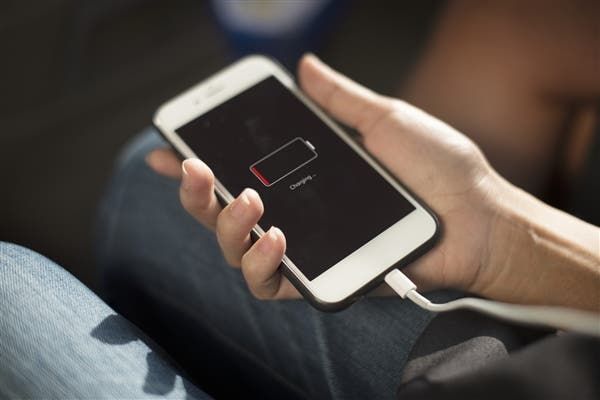
The use of a uniform charging cable is primarily intended to counteract the production of electronic waste. Those responsible in the EU report tens of thousands of tons of electronic waste. These wastes accumulate every year due to charging cables. About 1000 tons are to be saved by the USB-C obligation. However, the biggest benefit is for consumers. They will be able to charge many electronic devices with one and the same cable in the next few years. The decision also seals the end of the Lightning port on Apple iPhones, iPads and AirPods charging cases.
But the industry association Bitkom criticizes... "The political commitment to a technical standard will above all slow down innovations. It will also run counter to the important principle of openness to technology. Because no brand produces a special solution for the European market alone, the de facto global standard for charging cables is being phased out in 2024. Innovations such as charging times or data transmission are thus politically slowed down - to the detriment of consumers," says Managing Director Dr Bernhard Rohleder.
Supporters and critics only seem to agree on one issue: "Electronic waste must be drastically reduced worldwide and especially in Europe."
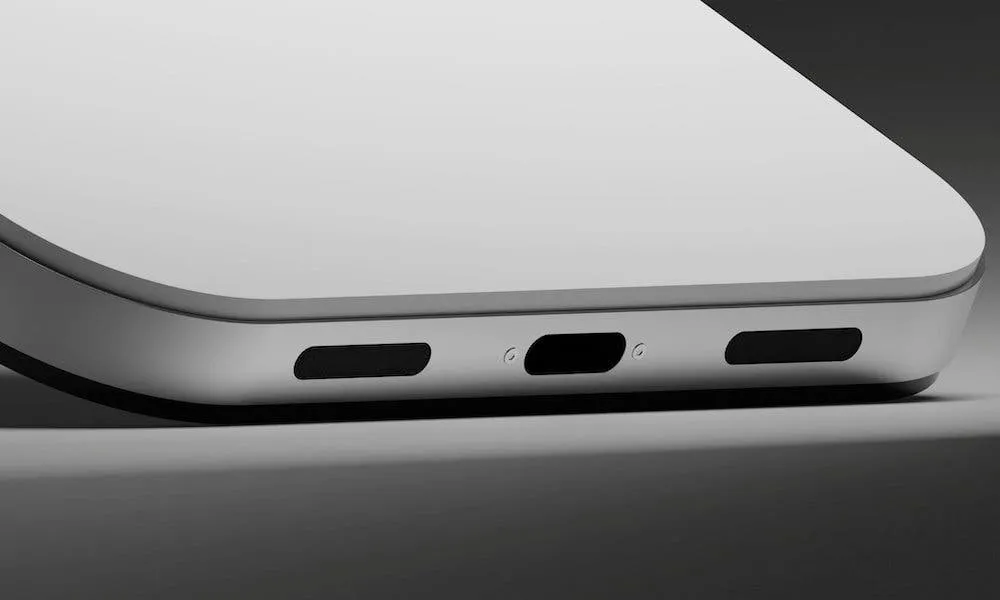





Place comments
0 Comments
You are currently seeing only the comments you are notified about, if you want to see all comments from this post, click the button below.
Show all comments